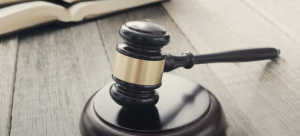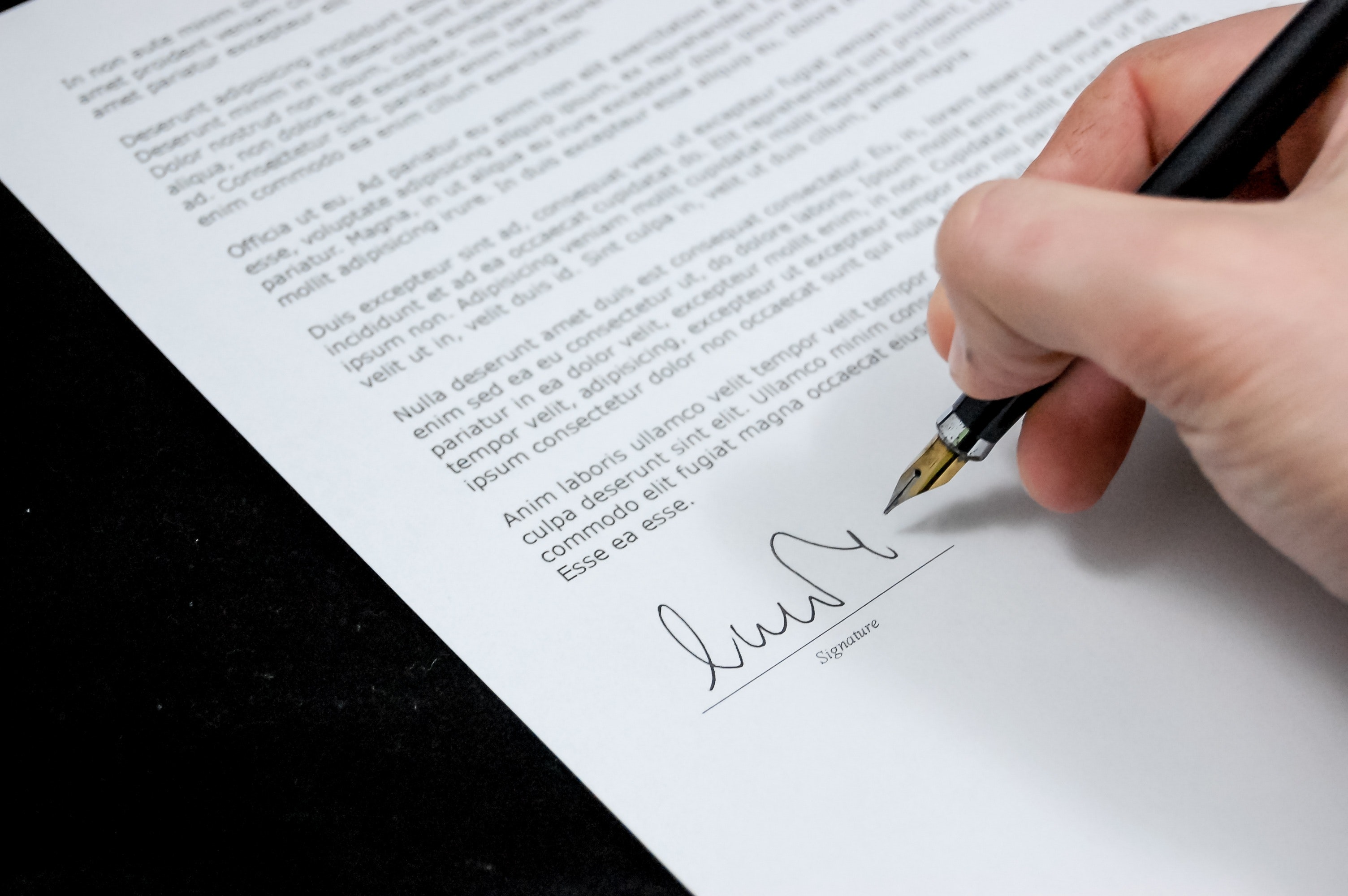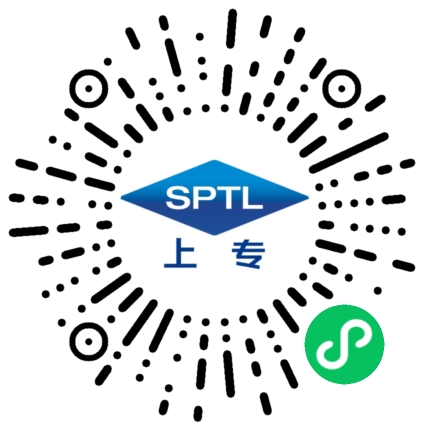Crack down on Malicious Trademark Applications, safeguard the Rights and Interests of Clients
In the series of trademark opposition and subsequent review cases represented by our firm, through the active collection of evidence and flexible application of legal provisions, we fully demonstrated the malicious situation of the opposed party in the stage of non-registration review, so that the China National Intellectual Property Administration(CNIPA) finally determined that the opposed trademark constituted the situation of "obtaining registration by other improper means" in the Trademark Law, maintained the previous decision and refused the registration, thus safeguarding the legitimate rights and interests of the client.
Our client, the opposing party, is a global leading enterprise in the field of scientific instrument manufacturing and service, and has set up several wholly-owned subsidiaries in China, which is the largest foreign-funded enterprise in the field of analytical science in China. The English trademark and its corresponding Chinese trademark used by the opposer on measuring instruments, electronic belt scales and other goods are widely registered in China. The relevant goods are sold in large quantities in the Chinese market, and the sales network is spread across many cities and regions throughout the country.
A company in Xuzhou, Jiangsu Province (the opposed party) filed several trademark registration applications on "exhibition of goods; publication of advertising materials" in Class 35 and "mechanical research; research and development of new products for others" in Class 42. These trademarks completely contain the same words as the opposer's trademark and are highly similar to the trade name of the opposer's US subsidiary.
After digging into the bad-faith evidence of the opposed party, we filed an application for opposition against the above trademarks. CNIPA made a decision of non-registration, and determined that the opposed trademark had constituted reproducing and copying of the opposer's prior trademark, which was harmful to the market environment of fair competition and violated the principle of good faith. According to Article 7 and other provisions of the Trademark Law, CNIPA decided not to approve registration for the opposed trademark. The opposed party was not satisfied with the decision and filed a review application.
As Article 7 of the Trademark Law is generally regarded as a principle article, there are few precedent rulings based thereon at the review stage. In the review procedure of non-registration, the trademark attorney flexibly applied the article according to relevant cases and pointed out that the opposed party repeatedly imitated and rushed to register the original opposer's trademark, which obviously constituted the situation of seeking trademark registration by improper means. In addition, the attorney made a supplementary request for not approving the registration of the opposed trademark according to the provisions of paragraph 1 of Article 44 of the Trademark Law.
In August 2021, CNIPA made a final review decision of not approving the registration of the trademark, and determined that the English part of the opposed trademark contained the trademark of the opposer with certain originality and popularity, which constituted reproducing and copying of the prior trademark thereof. This rush registration disrupted the normal administrative order of trademark registration, damaged the market order of fair competition, and maliciously harmed the legitimate rights and interests of others. Therefore, according to the prohibition of "obtaining registration by other improper means" in paragraph 1 of Article 44 of the Trademark Law, the opposed trademark was not approved for registration.
For the identification and specific circumstances of "other improper means", the examination standard and judicial interpretation have corresponding provisions. The Guideline of Trademark Examination lists several typical cases in which this article applies, including "applying for registration of multiple trademarks, which are identical or similar to those of others with certain popularity or strong distinctive characteristics". In the Guidelines for the Trial of Administrative Cases of Trademark Approval and Confirmation issued by the Beijing High People's Court, it is also pointed out that the above-mentioned "improper means" include the application for registration of the same trademark owner's trademark on different or dissimilar goods or services.
In this case, the opposed party repeatedly applied for several trademarks identical or similar to the popular and distinctive trademarks of the opposer in multiple classes of related goods and services. The opposed party did not submit evidence of the use of its trademark, nor did it make a reasonable explanation of the intention of its trademark registration and the design and creation source of the relevant trademarks. In addition, the attorney also actively explored the background of the opposed party. Combined with the facts and relevant evidences that the opposer’s trademark is well-known in Chinese Mainland, the industry in which the opposed party belongs is closely related to the opposer, the company name is the same or highly similar to the opposer's trademark and trade name of its subsidiaries, and the opposed party is also geographically adjacent to the business partners and major customers of the opposer, it was proved that the opposed party was aware of the opposer’s trademark and there was obvious illegality. The opposed trademark shall be deemed to have been registered by improper means. Finally, our arguments were accepted by CNIPA and favorable results were achieved in relevant opposition cases.
(Contributed by the Trademark Department of SPTL)
新闻中心
卓越服务,让智慧成就非凡
卓越服务,让智慧成就非凡
卓越服务,让智慧成就非凡
卓越服务,让智慧成就非凡
友情链接
关于我们
新闻资讯
加入我们
/ 64828652
上海专利商标事务所有限公司
专利代理机构代码:31100
上海市一平律师事务所






















